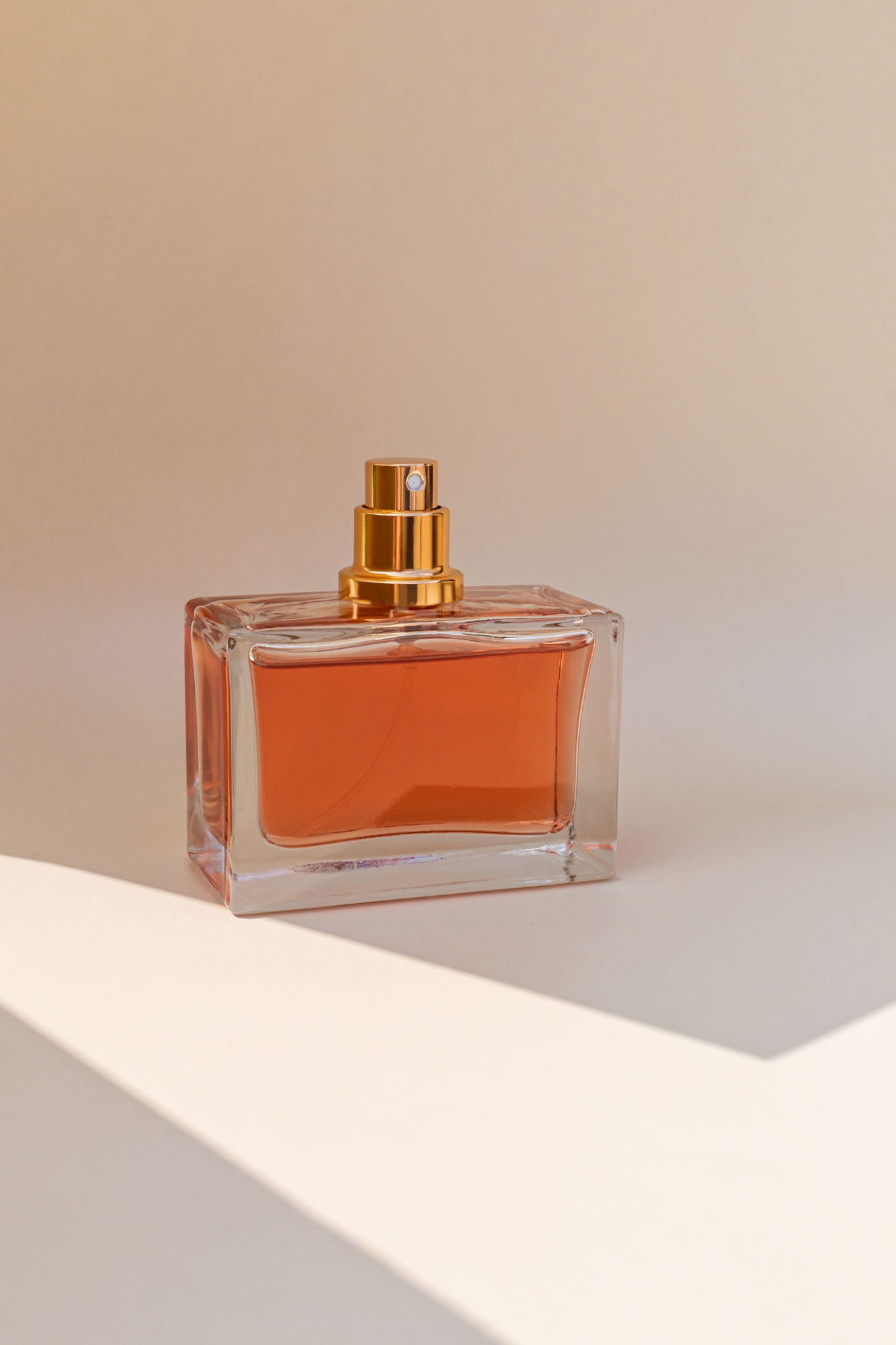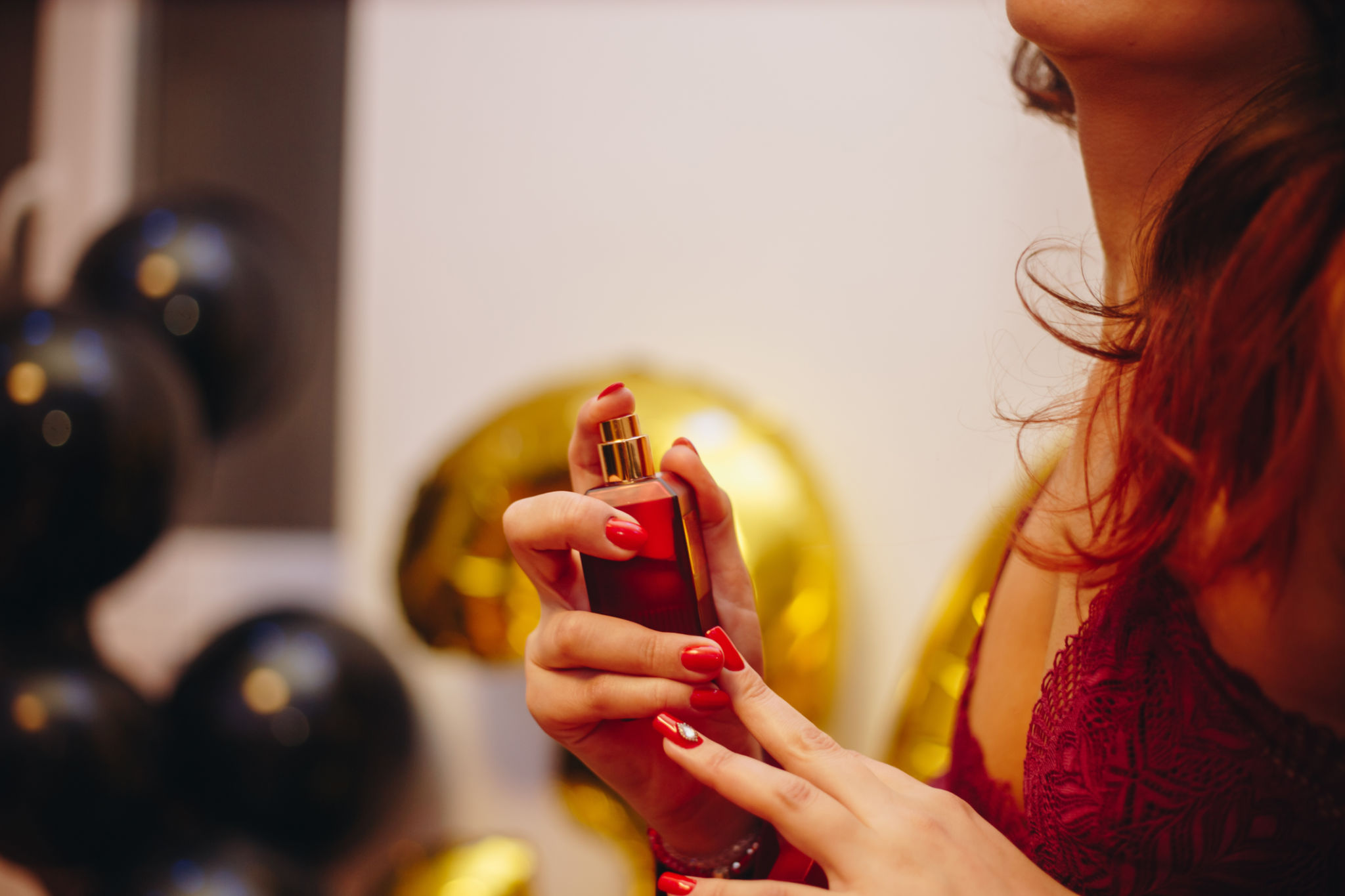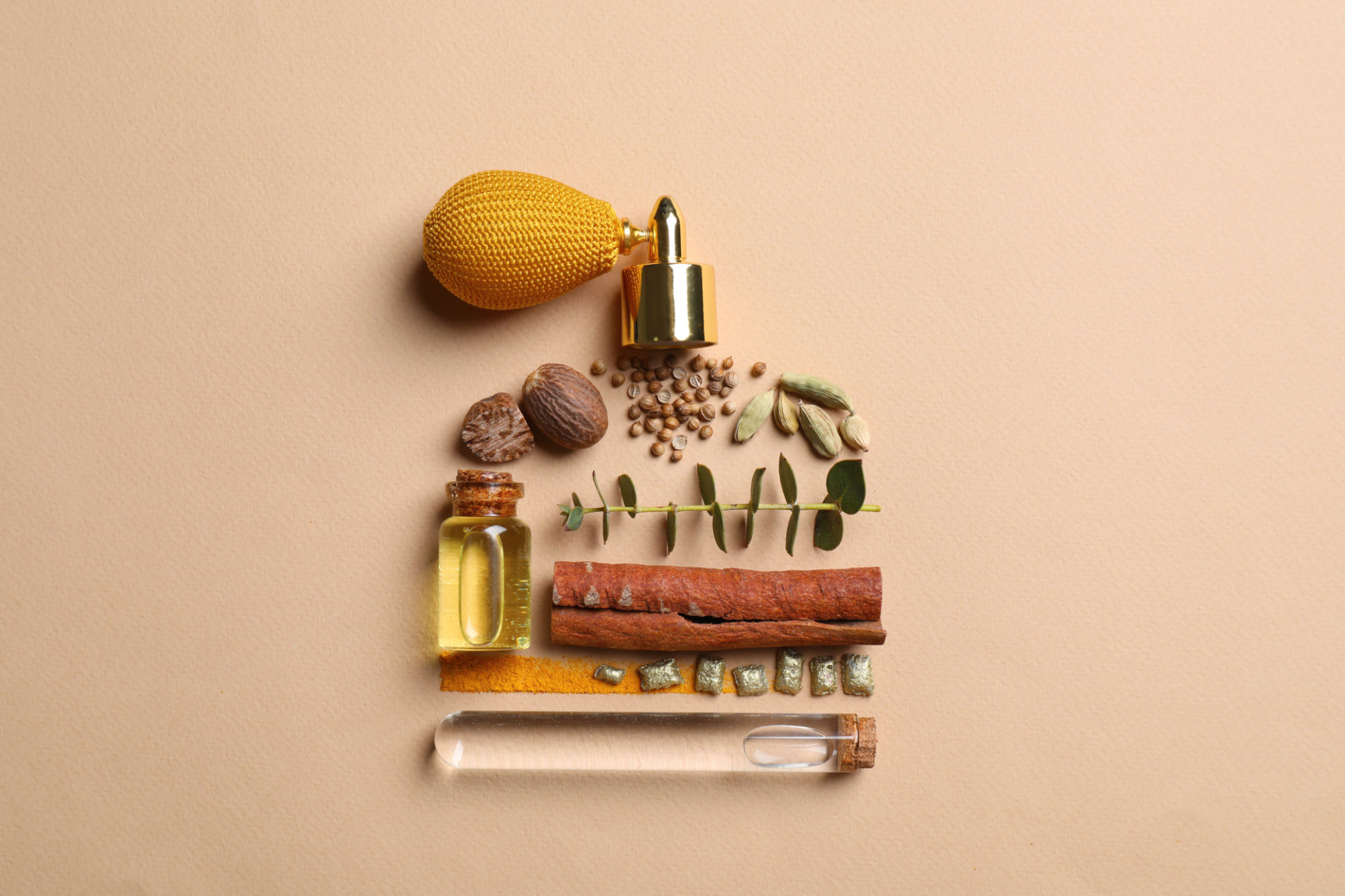Breaking Perfume Myths: Separating Fact from Fiction in the Fragrance World
Understanding Perfume: Fact vs. Fiction
Perfume has been a cherished accessory throughout history, but numerous myths still surround its crafting and usage. These misconceptions often cloud our understanding and appreciation of fragrances. It's time to dispel these myths and uncover the facts that will enhance your fragrance experience.

Myth 1: Expensive Perfumes Last Longer
A common belief is that the price of a perfume correlates with its longevity. While it's true that higher-quality ingredients can enhance a perfume's lasting power, the price isn't always an accurate indicator. Perfumes are composed of various notes, each with its own evaporation rate. Therefore, a less expensive fragrance can sometimes outlast a pricier one due to its composition.
To ensure longevity, focus on the concentration level of the fragrance. Parfum typically has the highest concentration, followed by Eau de Parfum, Eau de Toilette, and finally Eau de Cologne.
Myth 2: Rubbing Wrists Together Enhances Fragrance
This myth might be one of the most pervasive. Many believe that rubbing their wrists together after application helps distribute the scent better. However, this action actually breaks down the fragrance molecules, causing it to fade more quickly. Instead, apply the perfume and let it dry naturally on your skin for optimal results.

Myth 3: Fragrance Smells the Same on Everyone
Perfume interacts uniquely with each individual’s skin chemistry. Factors such as diet, skin type, and even body temperature can affect how a fragrance smells on you compared to someone else. This is why a scent you adored on a friend might not smell exactly the same when you wear it.
Testing fragrances directly on your skin is crucial before making a purchase. Wear it throughout the day to understand how it evolves with your body chemistry.
Myth 4: Natural Ingredients Are Always Better
The preference for natural ingredients in perfumes has risen alongside the trend for organic products. While natural ingredients have their charm, synthetic ones can offer more stability, variety, and safety in some cases. They are also more sustainable, reducing the need to harvest rare botanicals.

Tips for Choosing the Right Perfume
When selecting a fragrance, consider these tips to find one that aligns with your personal taste and lifestyle:
- Test perfumes in the morning when your sense of smell is most acute.
- Limit yourself to sniffing three or four fragrances at a time to avoid overwhelming your senses.
- Take breaks between sniffs by smelling something neutral like coffee beans.
In conclusion, understanding these myths and facts about perfumes can enhance your fragrance journey. By recognizing how various aspects like price, application techniques, and skin chemistry influence scent, you can make more informed choices that suit your preferences and lifestyle.